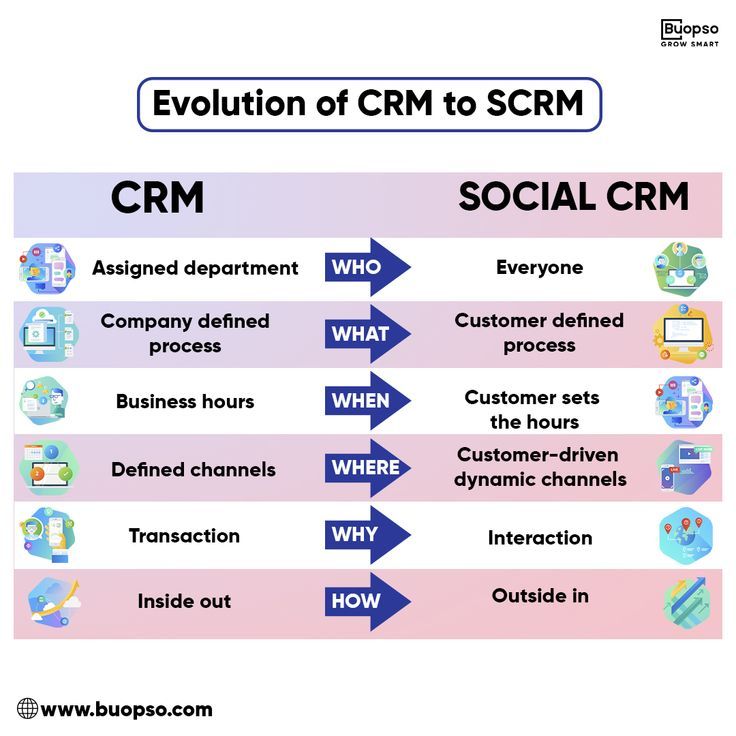
Social CRM: Engaging Customers on Social Media Platforms
In today’s digital age, businesses are increasingly recognizing the power of social media platforms as vital tools for customer engagement and relationship management. Social CRM, or Social Customer Relationship Management, has emerged as a strategic approach to leverage social media’s interactive nature to foster stronger connections with customers, enhance brand loyalty, and drive business growth.
What is Social CRM?
Social CRM integrates traditional CRM systems with social media channels, enabling businesses to manage customer interactions and data across platforms like Facebook, Twitter, Instagram, LinkedIn, and others. Unlike conventional CRM, which focuses primarily on transactional data and customer service, Social CRM emphasizes real-time engagement, community building, and customer experience.
The Importance of Social CRM
- Enhanced Customer Engagement: Social CRM allows businesses to engage with customers where they spend a significant portion of their time—on social media. By actively participating in conversations, responding to comments, and addressing concerns promptly, companies can build meaningful relationships and foster a sense of community.
- Real-Time Customer Insights: Social media platforms provide a wealth of data on customer preferences, behaviors, and sentiments. Social CRM systems can analyze this data to offer actionable insights, helping businesses tailor their marketing strategies, product offerings, and customer service to meet evolving customer needs.
- Improved Customer Service: Prompt and effective customer service is crucial in today’s competitive landscape. Social CRM enables businesses to monitor and respond to customer queries and complaints in real time, enhancing customer satisfaction and loyalty. This proactive approach can turn potential issues into opportunities for positive customer experiences.
- Brand Advocacy and Loyalty: Engaging customers on social media can turn them into brand advocates. Satisfied customers are more likely to share their positive experiences, recommend products, and defend the brand in times of crisis. Social CRM helps identify and nurture these advocates, amplifying the brand’s reach and credibility.
- Integrated Marketing Strategies: Social CRM allows businesses to integrate their social media efforts with broader marketing campaigns. By aligning social media activities with email marketing, content marketing, and other channels, companies can create cohesive and personalized customer journeys that drive higher engagement and conversion rates.
Best Practices for Implementing Social CRM
- Choose the Right Tools: Invest in robust Social CRM software that integrates seamlessly with existing CRM systems and social media platforms. Tools like Salesforce, HubSpot, and Zoho Social offer comprehensive features for managing social interactions, analyzing data, and automating processes.
- Listen and Monitor: Use social listening tools to monitor brand mentions, keywords, and industry trends. This helps businesses stay informed about customer sentiments, emerging issues, and opportunities for engagement.
- Engage Authentically: Authenticity is key to building trust on social media. Engage with customers in a genuine and personable manner, addressing their concerns, thanking them for positive feedback, and participating in relevant conversations.
- Provide Value: Share valuable content that resonates with your audience. This could include educational articles, entertaining videos, exclusive offers, and behind-the-scenes glimpses of your business. Providing value keeps customers engaged and encourages them to interact with your brand.
- Measure and Optimize: Continuously track the performance of your social media activities using analytics tools. Measure key metrics such as engagement rates, response times, customer satisfaction, and ROI. Use these insights to refine your strategies and improve your Social CRM efforts over time.
Conclusion
Social CRM represents a paradigm shift in how businesses interact with their customers. By leveraging the power of social media platforms, companies can foster deeper relationships, gain valuable insights, and create exceptional customer experiences. As social media continues to evolve, so too will the opportunities for businesses to engage with their customers in meaningful and impactful ways. Embracing Social CRM is not just a trend but a necessity for any business aiming to thrive in the digital age.